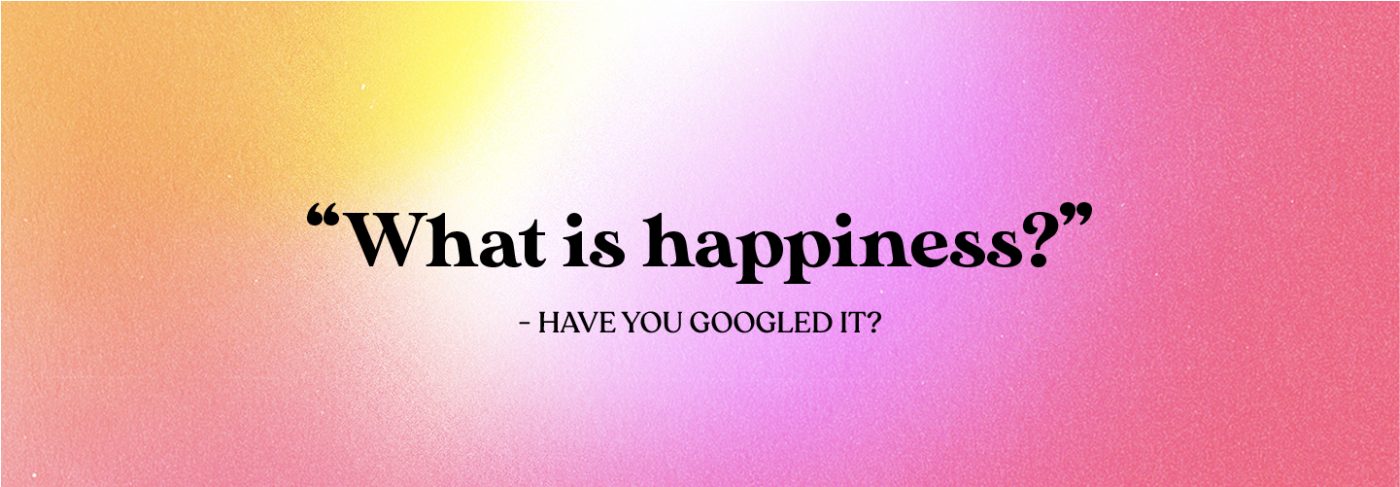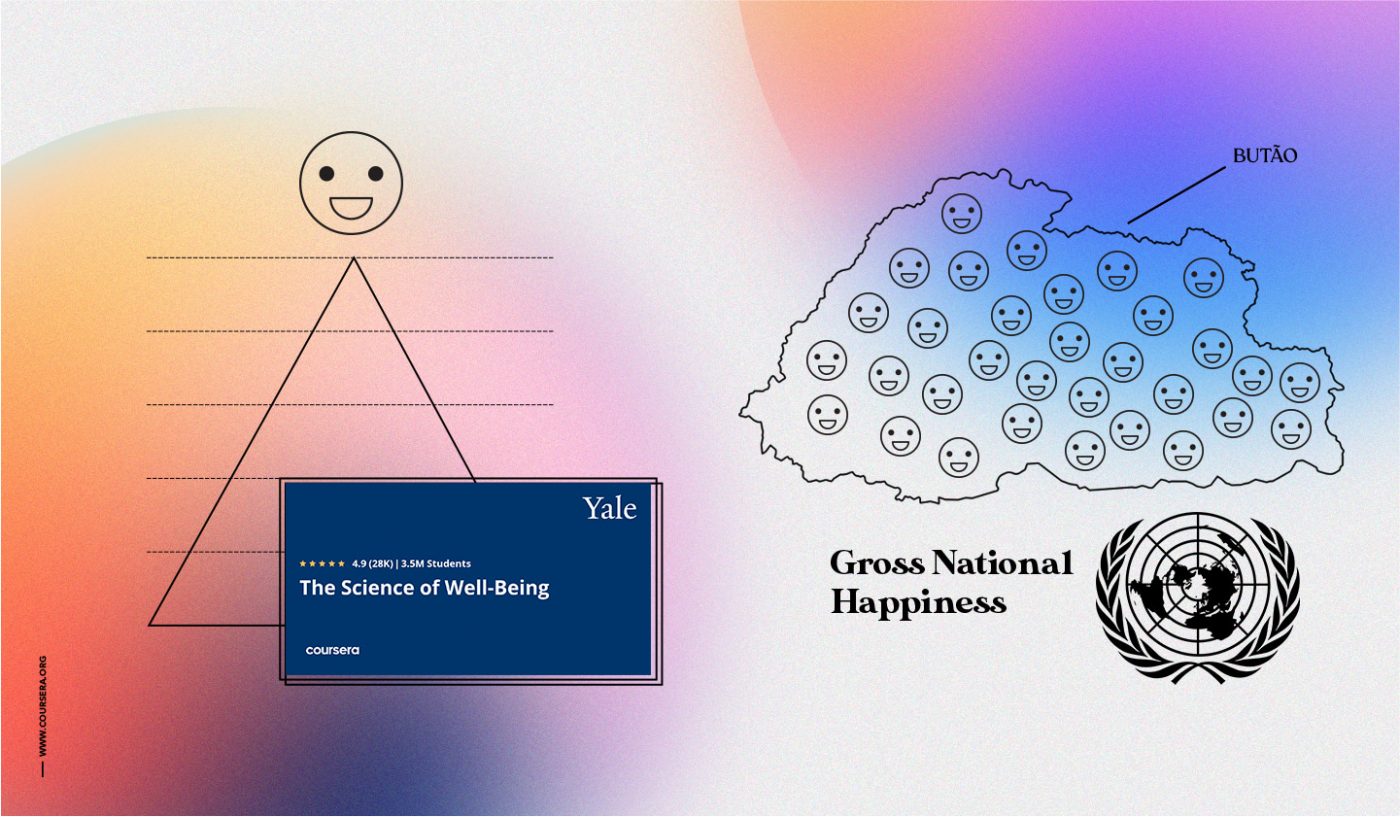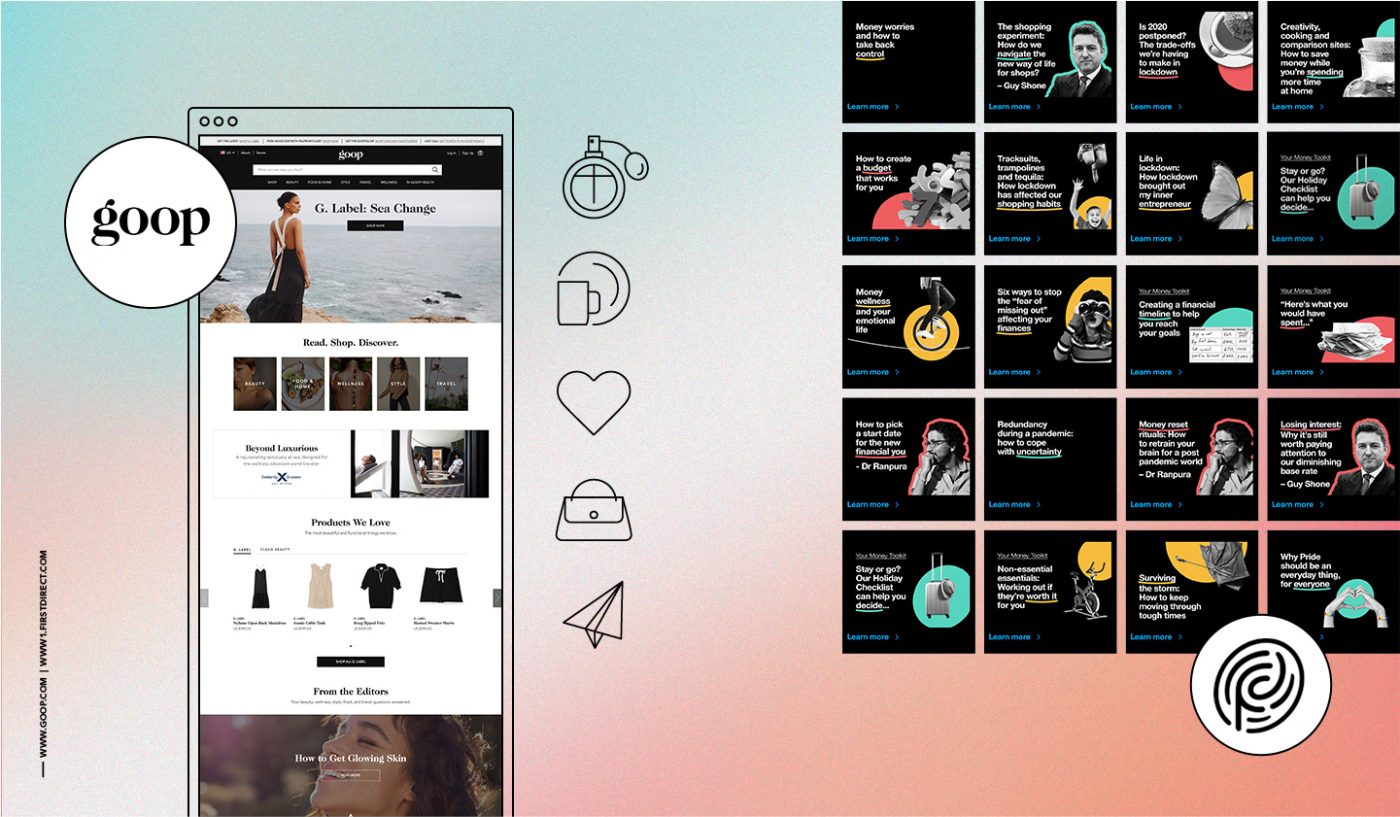We are obsessed with well-being. Yoga classes, career coaching and meditation apps have become mainstream. The most varied brands promise to deliver emotional balance, strengthen our immunity or bring relaxation. Self-care tips are everywhere: “sleep better, eat well, take care of yourself, exercise, practice mindfulness”.

Happiness has never been taken as seriously as it is today. The topic is widely studied by academics, showing that it is possible to measure it on individual and country scales. The science of well-being, the most popular course in Yale University history, teaches you how to calculate your level of happiness and build productive habits. Gross National Happiness is an indicator used in Bhutan since the 70s, and that in the last decade has aroused the interest of the UN as a complementary indicator to GDP. In June 2020, at the height of the pandemic, the question “What is happiness?” had the largest volume of searches in Google Brazil in the last eight years.

Today, we recognize the fundamental role of emotions in our lives, but it has not always been so. Daniel Coleman’s book Emotional Intelligence caused discomfort in the 2000s by arguing that empathy and self-knowledge are more relevant qualities than a high IQ. On the other hand, the popularization of non-Western practices such as yoga and mindfulness have helped foster a holistic view of health, where body and mind are two sides of the same coin. The success of Ted talk The power of vulnerability, one of the most popular on the platform, is further proof of the attention we are giving to emotions. In it, researcher Brené Brown encourages people to be more vulnerable, and celebrates the courage of those who assume their imperfections.
For these and other reasons, people are seeking to be healthier, leading brands of all categories to reshape their offers. In the United States, drugstore networks are creating spaces dedicated to mental health. Lego encourages adults to practice mindfulness with their pieces. Snacks, drinks and beauty products are including cannabidiol in their ingredient lists, to aid in the control of anxiety and stress. Goop, the empire created by Gwyneth Paltrow from a newsletter, is today a multibillion-dollar platform that offers premium products at the intersection of beauty and wellness. In the UK, First Direct bank has created the Money Wellness campaign, which helps people have a healthier relationship with their personal finances.

In addition to creating new products and services, the concern with well-being is redesigning the discourse and visual identity of brands. Since the beginning of the pandemic, Itaú, Magazine Luiza and Ambev have gained the trust of Brazilians by adopting a more affective tone of voice. Alice, a health plan for individuals, is bringing a more welcoming language to the category, with the choice of an atypical name and colors, and a more humanized approach. Food brands, from Prestígio to Polenghi, seek to position themselves as ”real food”, embracing naturalness and highlighting the use of few ingredients.
We have never valued small moments of happiness so much, creating unique opportunities for brands to re-signify their role in the lives of their consumers. We are needy of moments that make our lives more meaningful, from the most casuals (The Happy hour on Friday night or the movies on Sunday) to the most symbolic (the wedding party, the graduation ceremony). Therefore, when the pandemic passes, we will seek to reconnect with our daily rituals with much more intensity. In the film For when it’s time, Extra gum imagined scenes of reunions of euphoric people, kissing madly as if there were no tomorrow, inserting the product within a narrative that celebrates life.
However, caution is needed. Helping people in this process is great, but brands need to be careful not to load consumers with a new burden. Paradoxically, the incessant search for self-care can become, in itself, a new source of stress, at a time when we are realizing how fragile and unpredictable our ecosystem is. With so many demands, balance is also essential.
By Carmen Beer, senior strategist, and with the contribution of Ana Cerqueira, Giuliana Sanchez, Thaísa Miyahara, Ana Paula Moreno, Josy Lamenza, Daniela Irrazabal, Rosario Maglione, Renato Storni and Luis Bartolomei.

